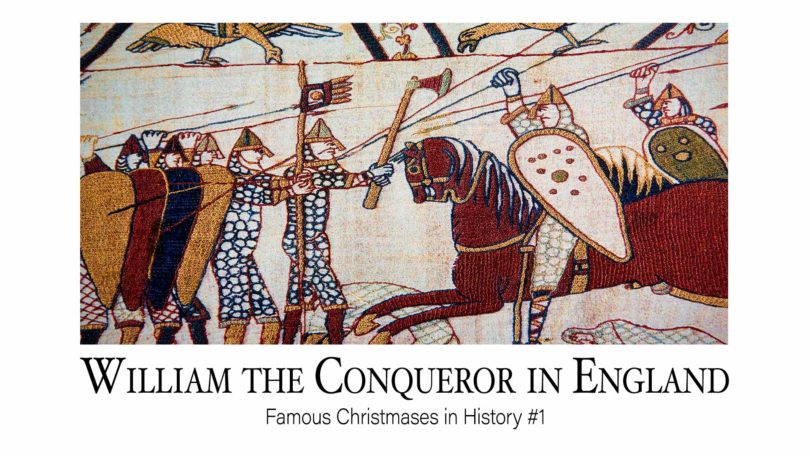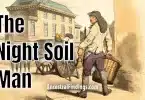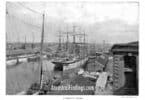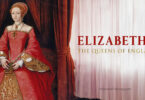Christmas is one of the most special days in history. It’s the day when our Lord and Savior was born into a sinful world then died on a cross for our sins. On this glorious day, there have been interesting, historically important, unusual, violent, or otherwise odd things that happened in history that affected either a large area or the entire world. Maybe your ancestors took part in some of these amazing and unusual events. It is worth looking through your family tree to see if you can claim a connection to any of these Christmases with your ancestors. It is always fun to have a famous genealogy connection, be it with an event or a person.
This Christmas involved an important coronation. This was Christmas Day in 1066 A.D. when William the Conqueror was crowned King of England. This coronation changed the entire course of the history of Europe. The coronation took place after he had defeated Harold Godwinson, the last king of the Anglo-Saxons in England. William brought Norman and French customs and language to England with him, which permanently altered the culture and language there. In fact, about half of the words in English today are French in origin, or just plain French that we have started to use as English. William the Conqueror brought these important changes with him, and also brought reforms to the legal methods in England, and to the monarchy.
The coronation was two months after William invaded England and defeated Harold Godwinson at the Battle of Hastings. The cultures of England and France were now intimately tied to each other. William ruled England for twenty-one years, while still maintaining and ruling over his dukedom in Normandy, France. While in England, William took land from the former nobility of England and gave it to his Norman and Norman-French soldiers, officers, ministers, and friends. William also built some of the most famous structures in England that are still there today, including the Tower of London and Windsor Castle. In addition, William’s reign instituted the infamous feudal system of living, where peasants were dependent on a local lord for their food, land, and houses. The feudal system characterized English life, and even life in some other European countries, for much of the early Middle Ages.
William’s rule is often viewed by historians as the defining time when English society changed from Anglo-Saxon to French in both style and custom. Most of the old nobles from the previous time were eliminated or demoted to peasants. Some were exiled. Others left the country voluntarily, knowing the new king and his advisors would not be friendly to them. This gave William the unprecedented opportunity to completely re-create the English nobility with his own friends, advisors, relatives, and other close associates, almost all of whom were French. This is also around the time when the language spoken in England evolved from Old English to Middle English, largely thanks to the huge influx of everyday French words that were introduced into the language, even down to the level of the peasants in this new English society.
William had several sons and daughters with his wife, Matilda. Three of these sons would rule after him, with only the third one leaving descendants of his own to inherit the crown their father had won for them. This son, Henry I, only left one legitimate child to succeed him, a daughter named Matilda, after her grandmother. Ironically, the civil war that Matilda waged for decades against her cousin Stephen for control of the English throne threatened to pull apart the very kingdom her grandfather created only two generations before. Luckily, Matilda and Stephen, William’s grandchildren, eventually came to an agreement, and William’s new English kingdom was able to survive, which it does to this day.







